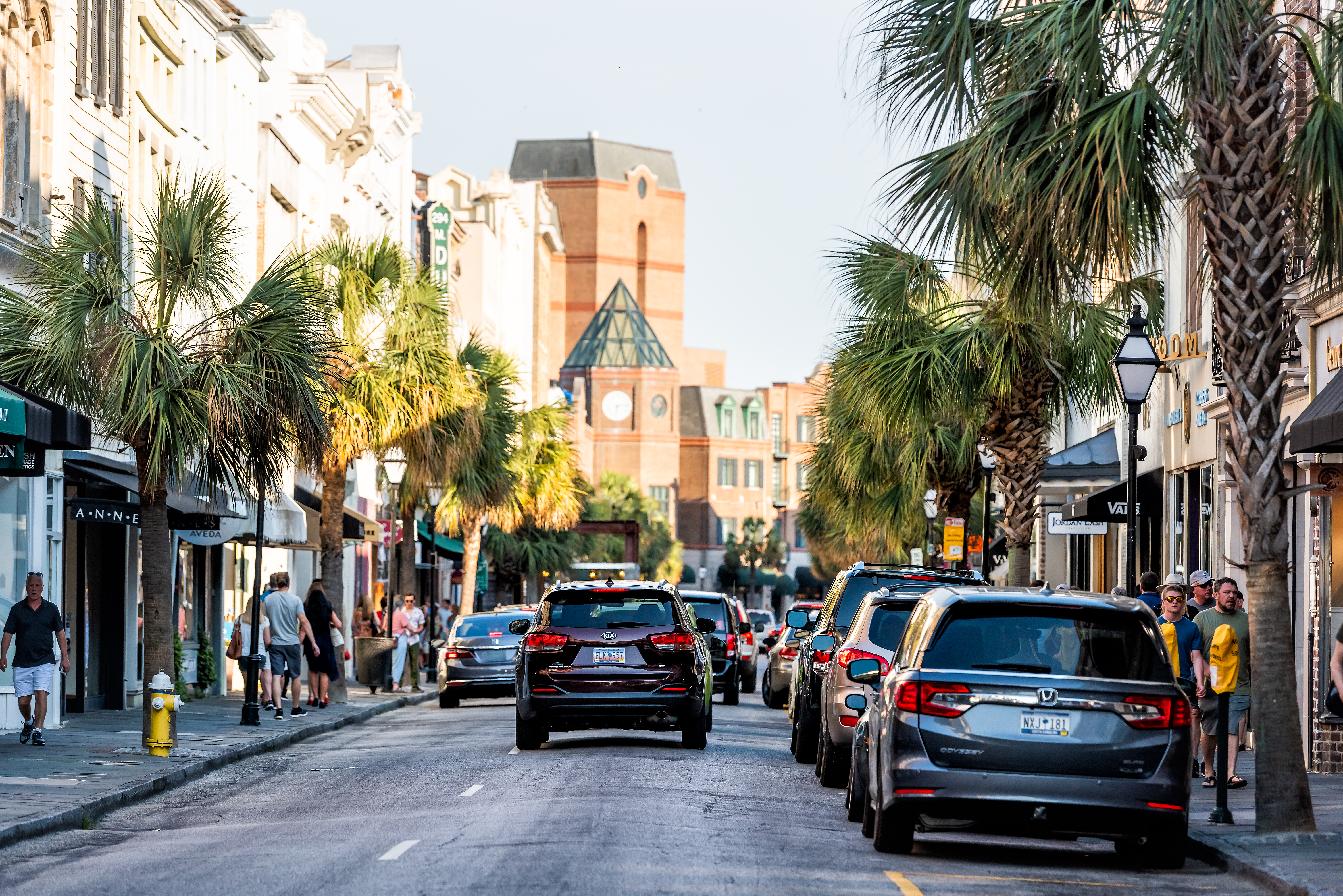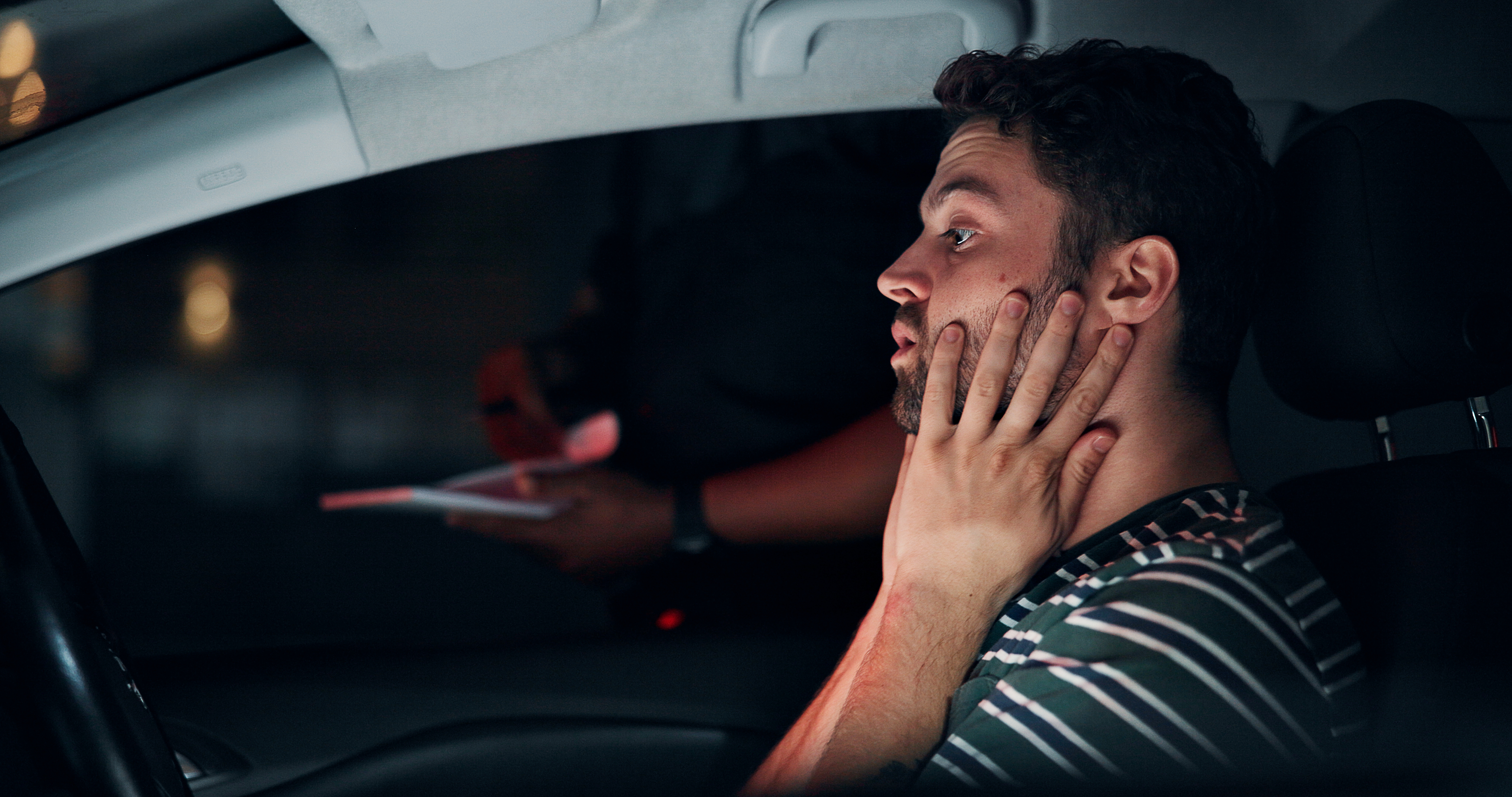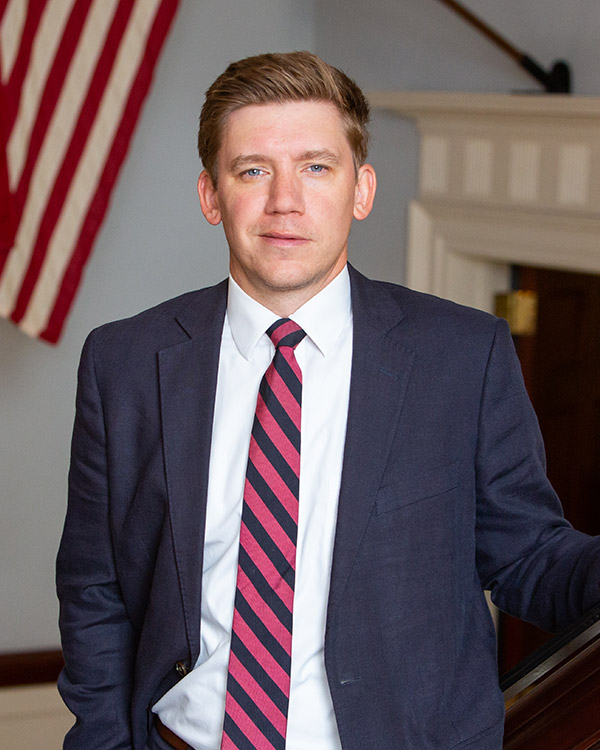In recent months, the Charleston Police Department has launched an aggressive campaign to curb impaired driving. That means DUI checkpoints—sometimes referred to as “sobriety checkpoints” or “license and registration checkpoints”—are showing up again across Charleston County.
Reports are coming in from Downtown Charleston, Folly Beach, and James Island. Local drivers are reporting increased police presence on key roads at night. But what many people don’t realize is that DUI checkpoints come with strict rules and rights that can directly impact whether an arrest will hold up in court.

Charleston Police have confirmed recent DUI checkpoints in the following areas:
Local media and official city alerts show that Charleston PD has deployed checkpoints at these locations over the past year:
Police deploy checkpoints based on data-driven analysis—emphasizing trouble spots with high rates of DUI accidents or fatalities. After the fatal Morrison Drive hit-and-run in April 2024, city leadership intensified checkpoint enforcement especially around King Street and bridges into the peninsula Source: Live 5 News.
Large-scale events, holidays like New Year’s Eve, and heavier enforcement times (evenings on weekends) often see saturation patrols and checkpoints in multiple zones across Charleston and neighboring areas DUI Checkpoint News: Live 5 News.
According to ABC News 4, these checkpoints often occur on Thursday, Friday, or Saturday nights between 9:00 p.m. and midnight.
Most target areas near downtown bars, bridges, and high-traffic corridors connecting the peninsula to surrounding areas like James Island, West Ashley, and North Charleston.
Law enforcement says the increased presence is data-driven: police analyze areas with the most DUI-related accidents, injuries, and fatalities to determine where to deploy resources.
Checkpoint stops are legal in SC, but only if police strictly follow constitutional and statutory protocols:
Failure to meet these standards—including inadequate notice or arbitrary stops—can provide grounds to challenge a DUI arrest at a checkpoint.

Historical data and official alerts indicate the following:
| Period/Event | Typical Locations | Time Range |
| Spring–May 2024 | East Bay & South; King & Huger | ~7 p.m.–10 p.m. |
| March 2025 | Folly Road & Albemarle; Calhoun & Pitt | 9 p.m.–Midnight |
| Late April 2025 | King & Huger; Calhoun & Halsey | 9 p.m.–Midnight |
| New Year’s Eve 2024 | Morrison/Jackson; Calhoun/Smith; others | 8 p.m.–Midnight |
Yes, but the law requires that police follow specific guidelines. If these aren’t met, any resulting DUI charges may be subject to dismissal.
If any of these factors are missing or improperly handled, your DUI charge could be vulnerable. Learn more about common defense strategies in our step-by-step DUI defense guide.
While these stops may be advertised as routine “safety checks,” police are specifically looking for:
You are not legally required to answer incriminating questions. You can—and often should—politely decline to answer beyond basic identification. If they ask, “Have you had anything to drink tonight?” you’re within your rights to say, “I’d prefer not to answer any questions.”
If you find yourself in a DUI checkpoint in Charleston, here’s what to do:
A first-time DUI charge in South Carolina can carry:
But not all DUI charges result in conviction. If the checkpoint was improperly set up or executed, the entire case can be challenged. Learn what to expect after a first-time DUI charge in SC, and how our criminal defense team can fight for your future.
Checkpoint-related arrests aren’t always limited to DUI. At Mastantuno Law Firm, we also defend Charleston clients against:
See more about our criminal defense services.
If the checkpoint results in an accident or injury, we can help victims pursue compensation through a personal injury claim. Insurance companies will often deny or undervalue these claims—especially when alcohol is involved. Here’s how to protect your rights.
Mastantuno Law Firm has successfully defended hundreds of DUI and criminal charges across Charleston, Mount Pleasant, Folly Beach, and the surrounding Lowcountry. We understand how DUI checkpoints work—and how to find the holes in the prosecution’s case.

If you’ve been charged, don’t wait.
Visit us: https://mastantuno.com
Call now for a free consultation: (843) 720-3741
Or contact us through our online form.